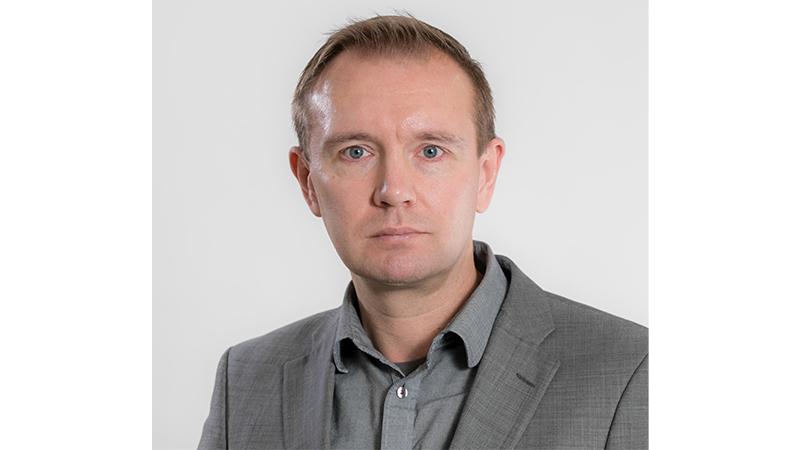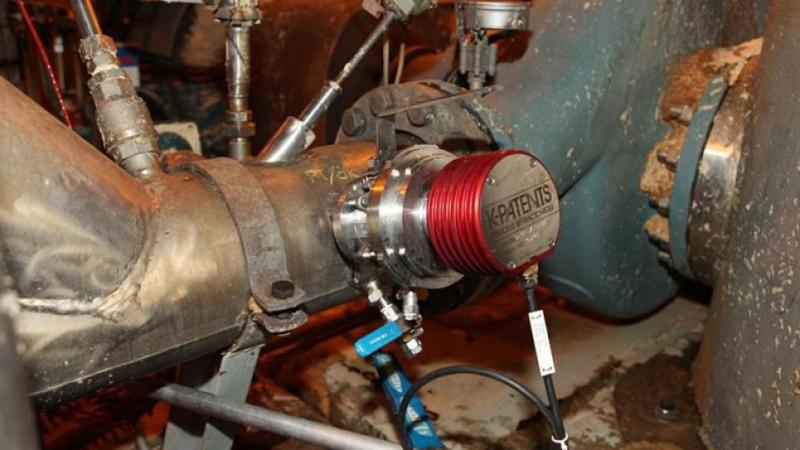In this webinar, Keijo Pyörälä (Vaisala’s Liquid Measurements Product Manager) will discuss the importance of pulp mill brown stock washing and digester dissolved solids optimization and Riku Kopra (RD Scientist at XAMK) will introduce the key research findings on improved washing efficiency and impact on chemical pulping operations.
A common interest in the industry is to find new more holistic mill level solution that minimizes washing loss and consumes less energy and bleaching chemicals. In an optimal case brown stock washing removes as much dissolved solids as possible while using the lowest amount of wash liquor or water.
This results in:
• Higher pulp quality
• Improved subsequent processes (e.g. bleaching, waste-water treatment)
• Lower chemicals requirements
• Lower operating costs
Efficient washing also decreases water consumption (higher mill capacity, less energy requirements for evaporation).
The development of Vaisala K-PATENTS® SAFE-DRIVE Process Refractometer PR-23-SD for the continuous measurement of dissolved solids content in a fiber suspension has made it possible to follow the performance of individual process steps continuously. TDS changes in the feed and outlet stock lines, as well as in incoming and outgoing filtrate lines, can be detected immediately. Several different mill scale studies have been completed over past few years on different pulp mills to prove this technology and process control concept performance in the demanding pulp and filtrate process line conditions.
The performance of SAFE-DRIVE Refractometer is based on digital in-line TDS measurement detecting both organic and inorganic substances. Unlike some conventional methods, e.g. COD and conductivity, it can detect problem areas and bottlenecks in in all types of individual brown stock washing steps and washing processes, thus providing guidance on connecting the technology to the existing process control systems. The ultimate purpose of in-line measurements is to reveal the optimum changes required to achieve the greatest efficiency at each stage of the process.
The webinar answers the following questions:
• What is the role of pulp mill fiberline optimization and wash efficiency on subsequent production stages and economics of the mill
• What are the latest research results, field experiences and key process aids to new process technologies needed for better energy efficiency and performance
• How real time process measurements can be applied on optimizing brown stock washing and digester control.
This webinar is the first in a series of three. You can find the registration for webinars 2 and 3 below:
- Webinar 2: Advantages of real-time dissolved solids content (TDS) measurement in fiber suspensions as well as implementation in individual BSW process steps and upper level process control
- Webinar 3: Real-life use cases on control practices and impacts before and after TDS technology implementation
If you already attended or registered for this webinar, please click here.
Otherwise, please register by filling the form.
All related Pulp & Paper application notes are available here.
You can modify your preference settings or unsubscribe at any time here
Webinar Speakers: Keijo Pyörälä, Riku Kopra

Keijo Pyörälä
Keijo Pyörälä has been working at Vaisala (K-Patents) Liquid Measurements over 25 years in different positions from Product Management to Regional Sales Management and Global Business Development. Keijo has Master’s Degree in Chemical Engineering from Lappeenranta University of Technology and Executive Management Degree from Aalto University. He has been involved in number of global product and business development projects in different industry segments from food & beverages, pulp & paper, sugar & sweeteners to chemical & polymer and oil & gas all over the world. His specialty is process optimization with in-line process measurements, process efficiency and energy savings as well as quality improvement projects.

Riku Kopra
Riku Kopra is an RD Scientist at South-Eastern Finland University of Applied Sciences, Fiber Laboratory, Savonlinna, Finland. He graduated from Tampere University of Applied Sciences as an Engineer of Paper Technology in 2000, from the University of Oulu as a Master of Science 2004 and from the Aalto University as a Doctor of Science in 2015. Riku's academic dissertation was entitled: Application of the refractometer in the measurement and monitoring of brown stock washing.
He has published articles mainly about brown stock washing and waste water system of chemical pulp mill (activated sludge plant) and presented results in certain conferences and papers. Recently, he is focusing on the performance of oxygen delignification by utilizing total dissolved solids (TDS) measurements and bubble size monitoring systems. He and his colleagues e.g. studied how dissolved solids or oxygen bubbles behave when process conditions change in the oxygen stage.
